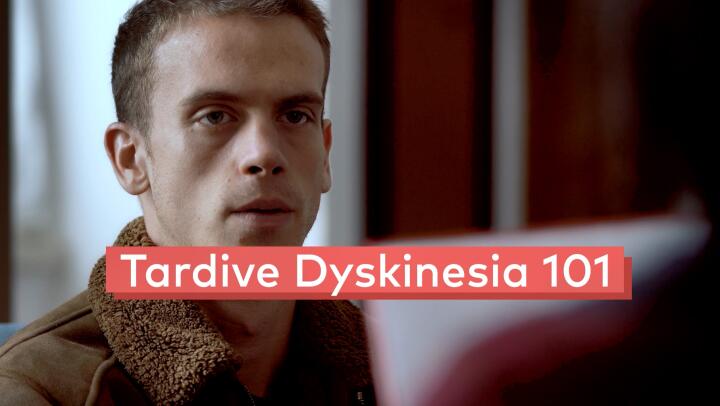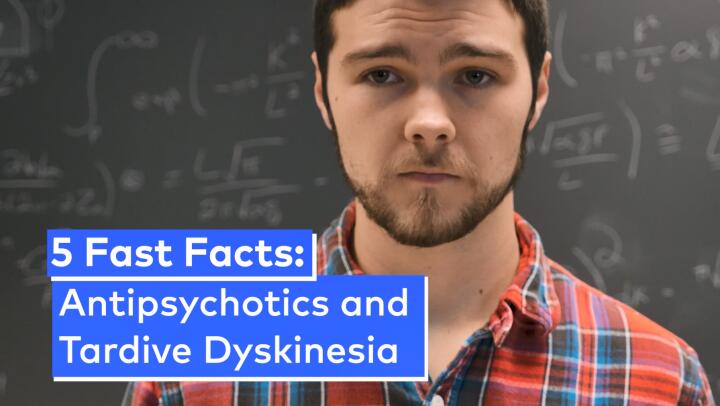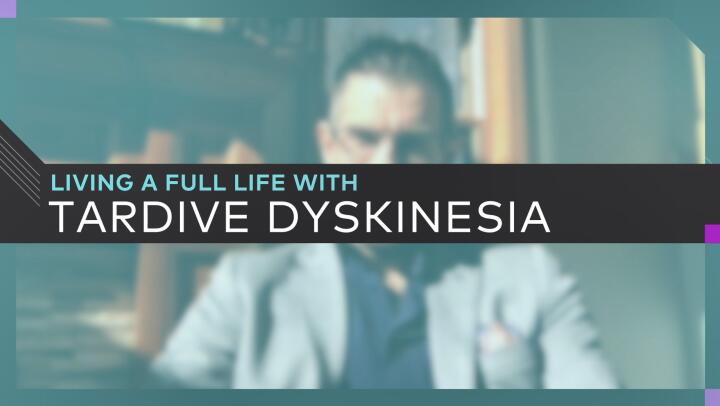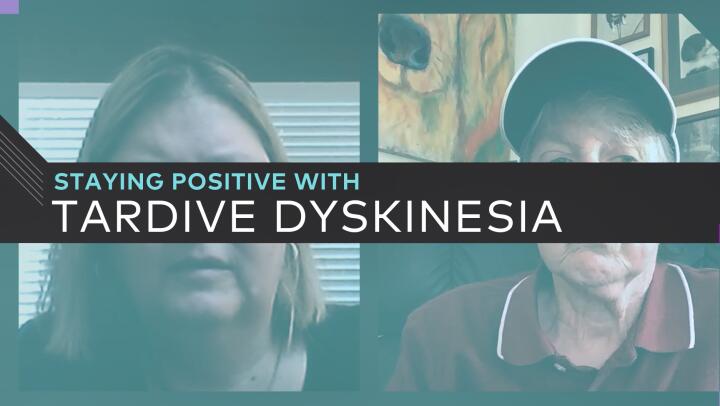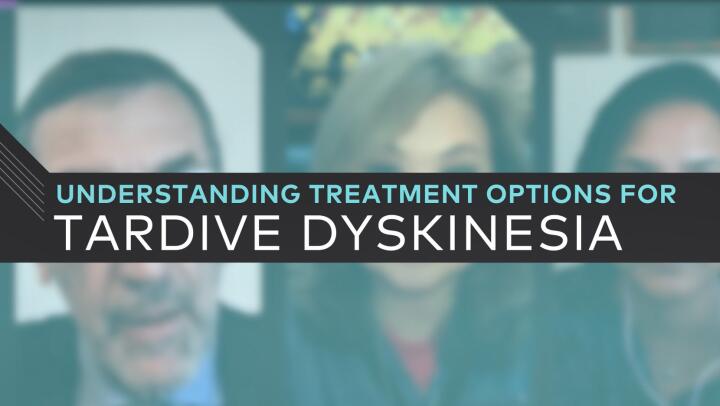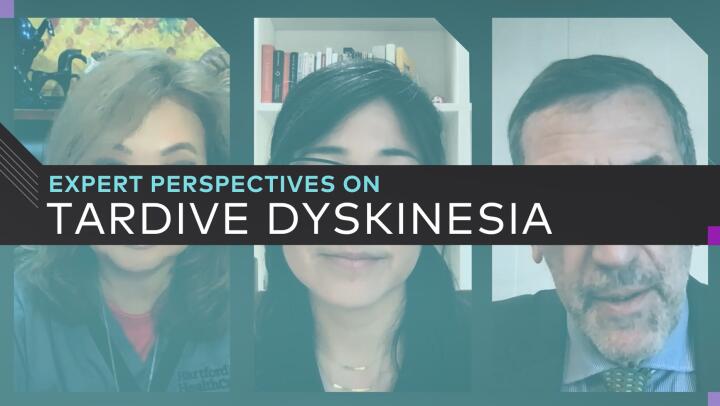
Tardive dyskinesia (TD) can be a uniquely challenging condition to live with, but there are effective ways to manage it and reduce–or even eliminate–symptoms. Dr. Joy Antonelle de Marcaida, Medical Director of the David & Rhoda Chase Family Movement Disorders Center of Hartford HealthCare, shares what she wants patients and their loved ones to know about living with TD.
1. Q: What is tardive dyskinesia?
A: Tardive dyskinesia is a neurological condition, meaning it affects the brain and nervous system. It is characterized by involuntary movements, like repetitive mouth and facial muscle movements, constant muscle contractions, and more. These abnormal movements can be caused by medications that treat bipolar disorder, schizophrenia, depression, gastrointestinal disorders, and other conditions, because they interfere with a chemical called dopamine in the brain. Dopamine helps nerves and brain cells communicate with the rest of your body, it influences your mood, and plays a role in regulating movement. Although altering dopamine activity in the brain can effectively manage these disorders, it can also lead to hyperkinetic movements like those seen in TD.
2. Q: How is tardive dyskinesia treated?
A: Tardive dyskinesia can significantly impact someone’s daily life and can present some unique challenges. Many patients rely on their medications to manage psychiatric disorders, so I often work with their psychiatrists to find the right strategy that can keep their condition under control, but also reduce or eliminate TD symptoms. We never recommend that a patient stop taking their medications cold turkey; this can actually make TD worse and leave their other condition poorly managed. Instead, I’ll partner with their psychiatrist to determine the best path forward, which might include trying a different medication, decreasing the dosage of the current medication, adding on a drug specifically approved to treat TD, or exploring surgical options such as Deep Brain Stimulation (DBS).
3. Q: What’s new in treating tardive dyskinesia?
A: Our understanding of tardive dyskinesia has deepened significantly in the last decade or so. Whereas once we believed TD only affected people who had taken dopamine blockers for long periods of time, now we know it can develop in people with short-term use of the drugs. In the past, our only treatment method was to switch medications or try a lower dose over time; today, we can prescribe add-on medications to treat TD symptoms and still allow patients to continue benefiting from their current psychiatric regimen. There are even surgical options that may help, such as Deep Brain Stimulation, to explore. We also have non-pharmaceutical therapies as part of our armamentarium, thanks to advances in our understanding of neuroplasticity and how to keep the brain healthy. At our movement disorders center, we recognize that many people with chronic conditions are looking for alternative medicine as a complement to their treatment. We review the literature and research when it comes to how diet, supplements, and exercise can impact TD, as well as modalities like acupuncture and massage therapy. We encourage patients to include us in their decisions around alternative therapies so we can offer guidance based on the evidence.
4. Q: How can someone with TD find the right neurologist?
A: In the last few decades, medicine has changed significantly, specifically in that we are now heavily reliant on specialization and subspecialization. It used to be that a general practitioner could treat everything; however, with much more specific and complex advances in our understanding of the body and treatment options for various conditions, no one doctor can take care of every facet of your health with the highest level of expertise. People with tardive dyskinesia should look for a neurologist–a doctor who specializes in disorders affecting the brain and nervous system. But even at the specialist level, a general neurologist may not be able to follow all the literature for every single neurological condition. That’s why patients may be best served by going to a subspecialist for more complicated and uncommon conditions. In the case of TD, they should look for a neurologist who subspecializes in movement disorders. That specialist will have more experience treating people with TD, will stay up to date on the research, and will provide the insight and guidance you need to get the best care. When it comes to connecting with a movement disorders specialist, you can ask your general practitioner or neurologist to refer you to someone, look online at doctor rating websites, or turn to friends, family, and neighbors for their recommendations. The International Parkinson and Movement Disorder Society also provides a directory of movement disorders specialists on their websites so you can identify one in your area.
Once you’ve found a subspecialist, it’s important to make sure you connect with them and share a good rapport. Most movement disorders specialists will have the skills and knowledge to treat you appropriately–our many years of education and training ensure that–but everyone has a different personality and style. At that point, it’s a matter of finding a movement disorders specialist with whom you feel comfortable having honest and sometimes difficult conversations. Tardive dyskinesia can be a long-term condition, so it’s crucial to partner with a doctor you trust so you can maintain a strong relationship for many years to come.




